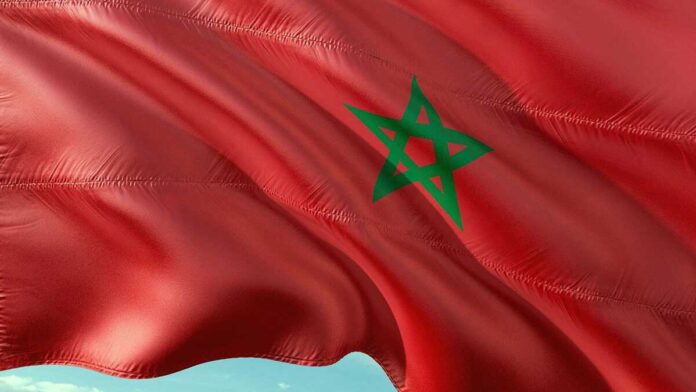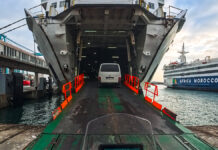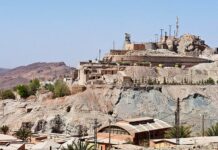As the Sahel faces unrelenting instability and global alliances grow increasingly fragmented, Morocco emerges with a bold and innovative approach to fostering regional cooperation within the Atlantic space. Leveraging its strategic geography and dynamic diplomacy, the Kingdom aims to navigate a world marked by geopolitical tensions, security crises, and economic challenges.
Global lessons, local realities
Drawing from global examples of regional cooperation, Morocco seeks to avoid pitfalls that have hindered initiatives elsewhere. In Europe, political and economic divergences hamper integration, while in South America, alliances like Mercosur and Unasur struggle with internal divisions. These challenges underline the complexity of Morocco’s endeavor to build an effective Atlantic partnership.
At the heart of this strategy lies the Sahel—a region grappling with a humanitarian crisis of unprecedented proportions. According to the World Bank, over 36 million people are displaced in the region, and economic growth is forecasted to stagnate at just 3% in 2024. With pervasive poverty and chronic security threats, any cooperative venture faces significant hurdles.
A vision of collaboration and growth
Despite these challenges, Morocco boasts unparalleled assets. Its world-class port infrastructure, including the Tanger Med hub and the ambitious Dakhla Atlantic project, positions the country as a gateway for economic exchange. Coupled with its proactive African diplomacy and transformational initiatives like the Nigeria-Morocco gas pipeline, the Kingdom is redefining its role as a regional leader.
The pipeline, designed to connect the gas-rich Gulf of Guinea to Europe, represents more than just energy infrastructure. It exemplifies Morocco’s commitment to fostering economic integration among Atlantic nations. This vision recalls Europe’s post-war integration, which started with targeted collaboration in coal and steel—proof that focusing on strategic sectors can lay the groundwork for broader unity.
A new economic doctrine for the African Atlantic
To solidify this initiative, Morocco could champion a shared economic doctrine tailored to the diverse needs of Sahelian and Atlantic nations. By promoting knowledge transfer and addressing the specific challenges of landlocked and coastal countries, this approach would create a cohesive and inclusive regional framework.
Such a doctrine could harmonize development strategies, balancing infrastructure investment with policies that prioritize local needs. In doing so, Morocco would not only strengthen its leadership but also foster a model of regional interdependence that ensures no country is left behind.
Balancing ambition and reality
Morocco’s unique geographical positioning and strategic foresight place it at the forefront of efforts to transform regional challenges into opportunities. By collaborating with African partners, the Kingdom envisions an Atlantic alliance that reshapes the region’s economic and geopolitical landscape.
However, success will demand a delicate balance between Morocco’s aspirations and the region’s complexities. Projects like the Dakhla Atlantic port and the Nigeria-Morocco gas pipeline symbolize this ambition. They serve not only as critical infrastructure but as a manifestation of a broader vision for shared prosperity across the Atlantic.
A model for global inspiration
Through its pragmatic and inclusive approach, Morocco is charting a course for integration that blends realism with ambition. Drawing on its diplomatic legacy and strategic resources, the Kingdom offers a roadmap for other regions facing similar challenges.
In the coming years, Morocco’s efforts to turn the Atlantic into a shared space of growth and cooperation could redefine Africa’s role on the global stage—and inspire a new era of regional partnerships worldwide.
Mohamed Mounadi





